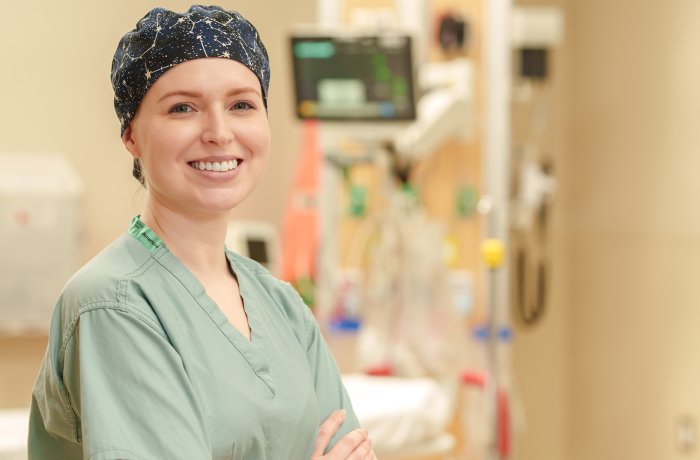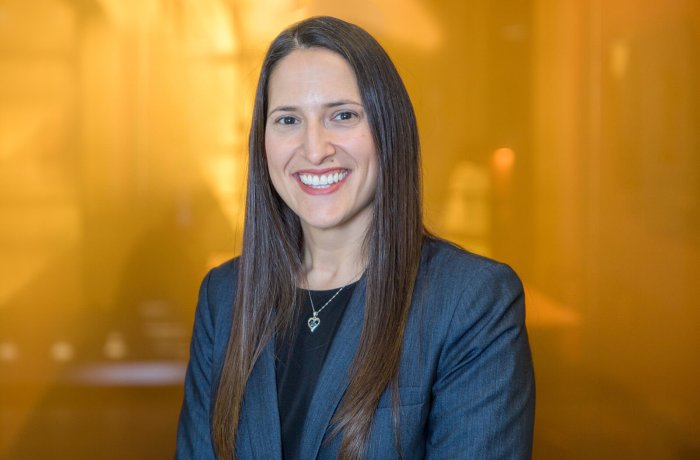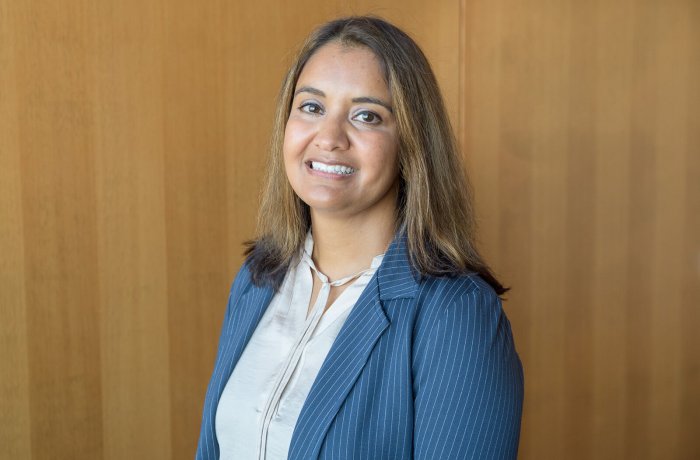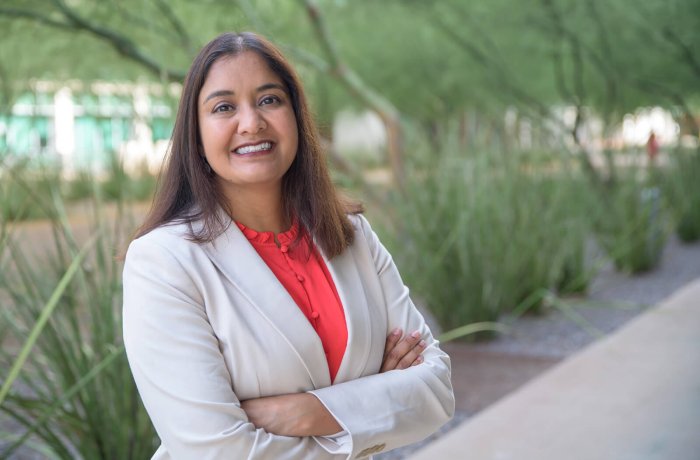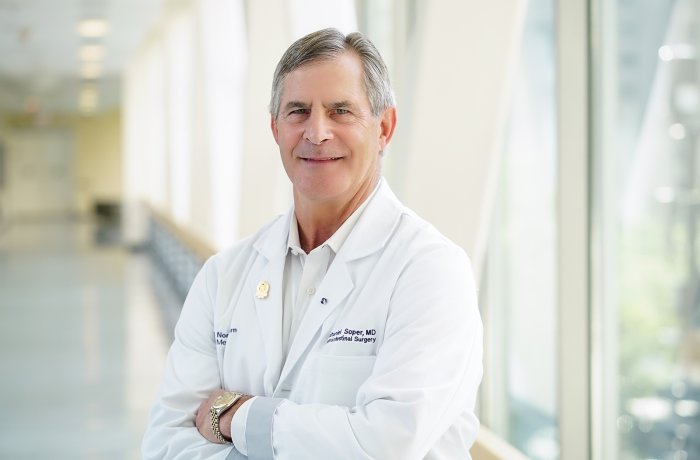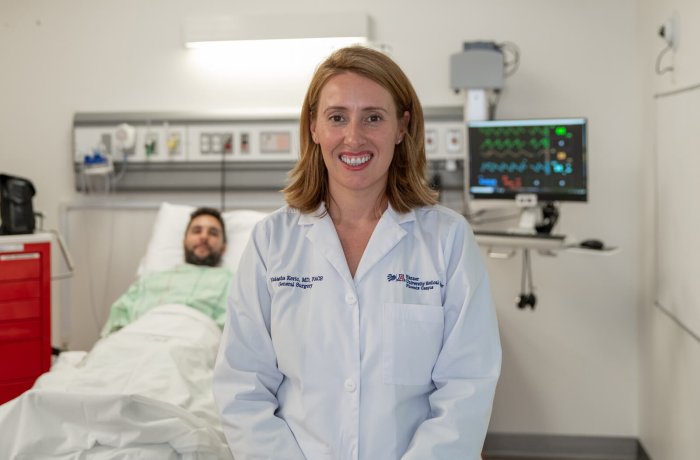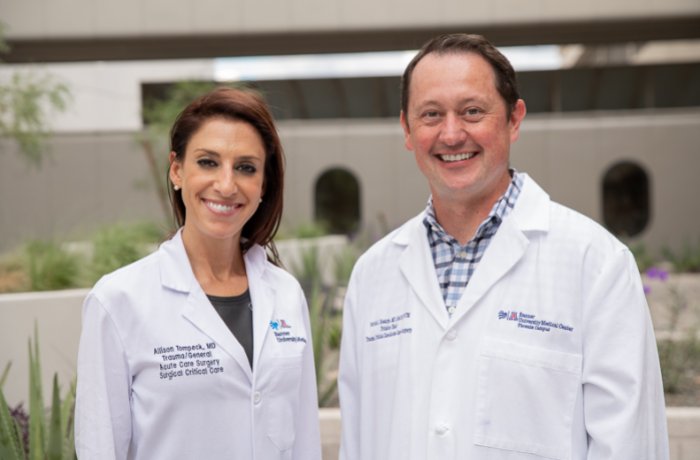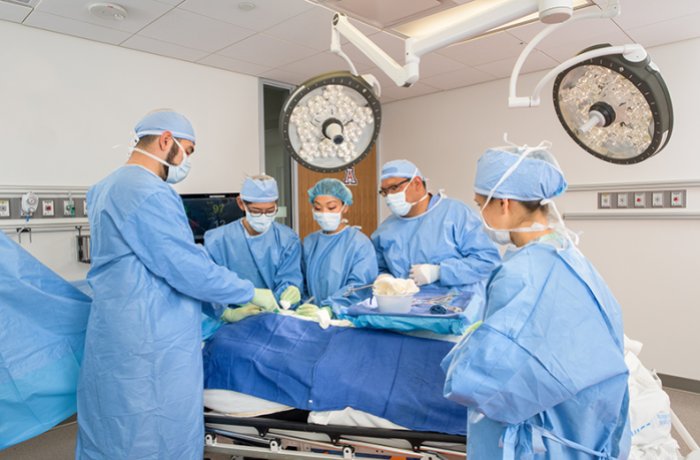Overview
The Department of Surgery has long been known and respected for its quality and volume of clinical patient care.
Additionally, our future holds significant potential to ensure a major academic presence, as well. This paradigm shift has already begun with the key recruitment of nationally recognized faculty in endocrine surgery, bariatric surgery and trauma. Further, the strong emphasis on Graduate Medical Education in surgery demonstrates our exceptional quality of clinical training. This coincides with the parallel development of new programs to develop basic and clinical research skills.
Comprised of eight divisions — general surgery, trauma, surgical critical care and acute care surgery, transplant and hepato-pancreato-biliary surgery, plastic and reconstructive surgery, oral and maxillofacial surgery, otolaryngology, urology and endocrine surgery — the department envisions a future of growth in surgery education, the establishment of research collaborations and also continued exceptional patient health care.
We are also dedicated to:
- Creating a community focused on innovative and educational learning through faculty development, which includes expanding current Surgical Residencies and building Fellowship Programs.
- Engaging the surgical community in local, regional and national research collaborations and implementing innovative medical discoveries, utilizing our system-wide clinical data.
- Continuing to deliver high-value, reliable, compassionate and individualized care for all the health care needs of a multi-generational, extended family.
The college, in partnership with Banner Health, is steadfast in its desire to transform medicine for the future. In a dynamic culture of curiosity, the first academic Department of Surgery in the fifth largest city in the country seeks to foster the scientific passion to create and apply new knowledge that resolves current and evolving challenges in health care.
As a result of this unprecedented collaboration, residents, for the first time, are dedicating their time to performing successful basic science and translational research — the initial stepping-stone to a future academic surgery career. As these new developments continue to unfold, our future as an academic department becomes increasingly realized.

